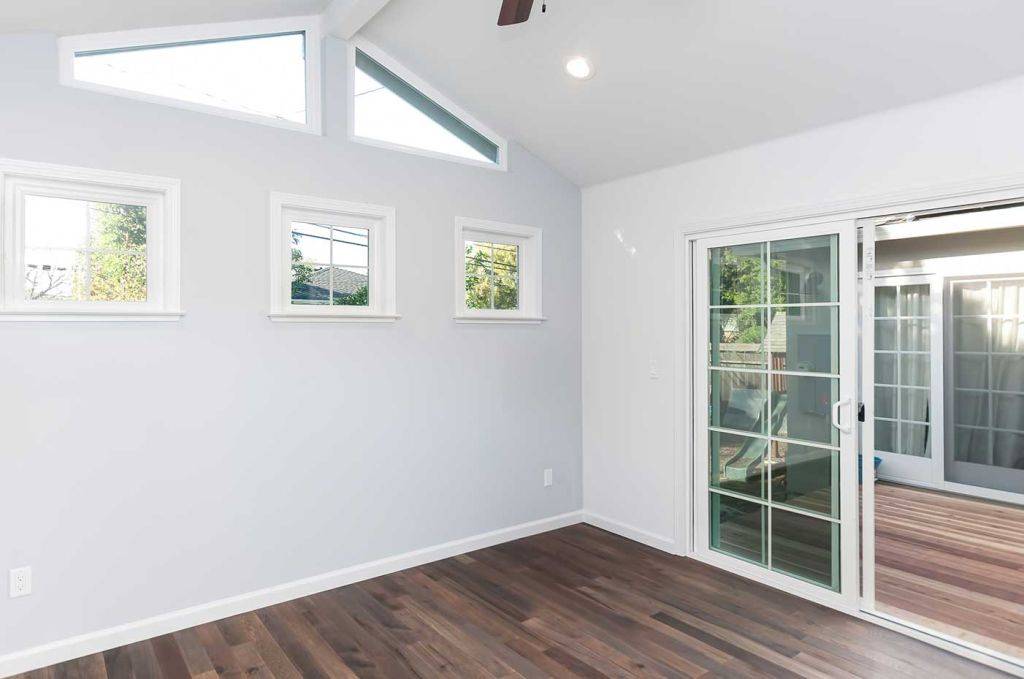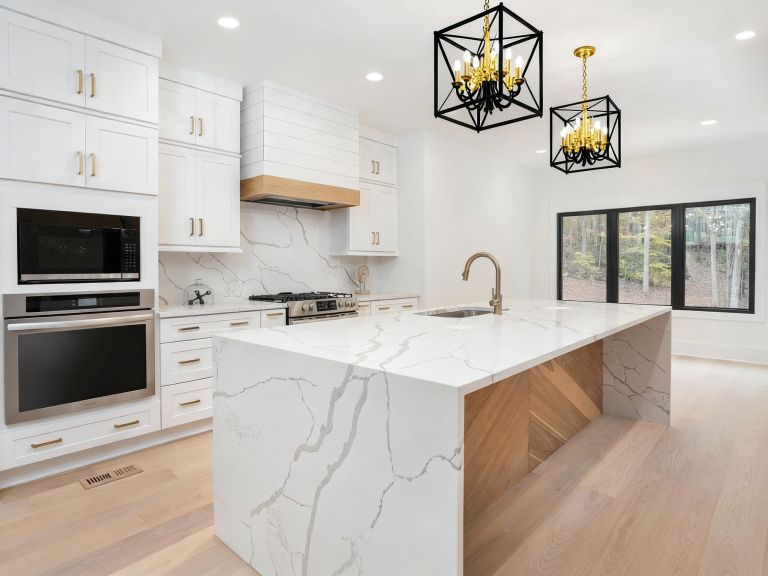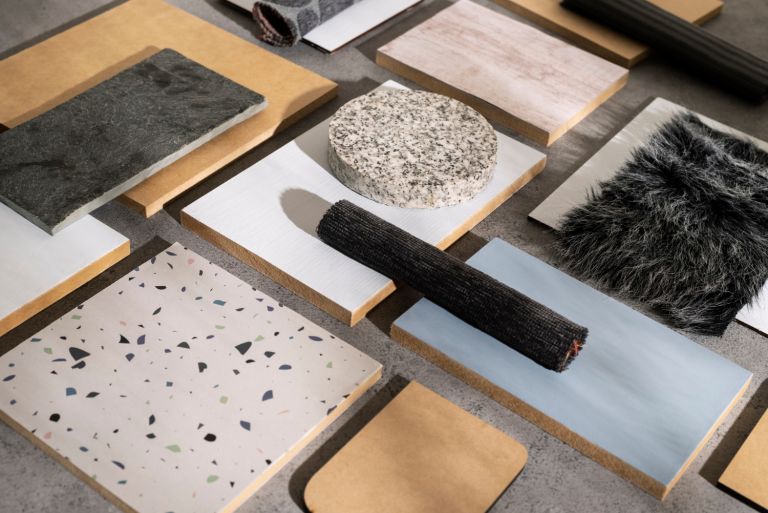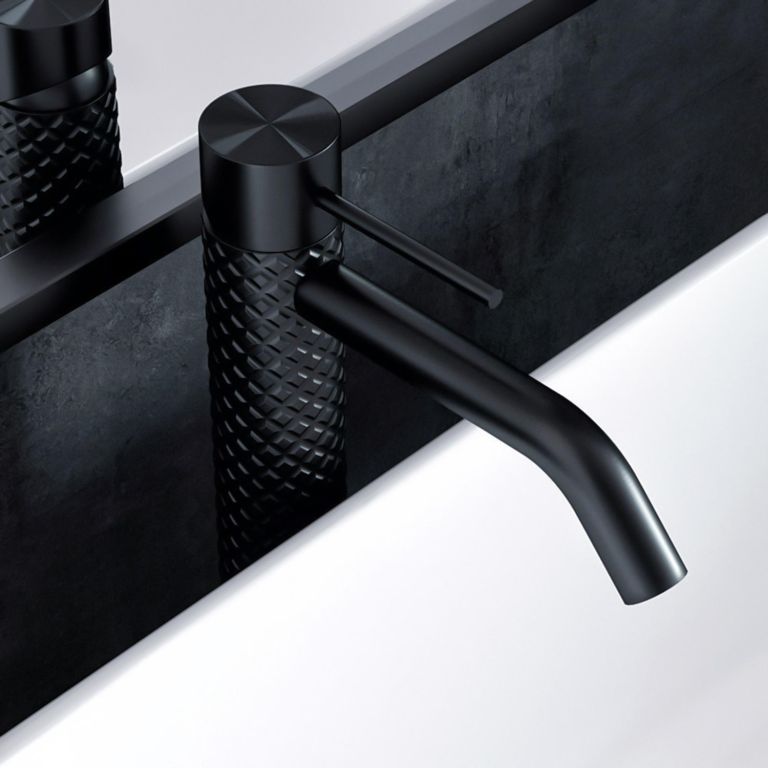Planning for a major floor renovation for your home?
Want to spice up the look of your adobe by adding some warmth, exquisiteness, and dazzle to the flooring?
When it comes to selecting suitable flooring for their homes, the most common options that every homeowner ponder are marble or tiles. Undoubtedly marble and tile are the most durable, long-lasting, and reliable flooring materials available since millennia. However, now the lifestyle, choice, and technology have transformed and, there is a myriad of flooring options available for residential homes out there.
Each of those available flooring options comes with its own set of merits in terms of finishing, aesthetics, durability, cost, resilience, installation, and other factors. Without considering all those factors and knowing every kind of flooring material available in the current market, alongside their pros and cons, it will be difficult for anyone to figure out the best flooring possibility for their house.
Each type of flooring material has its unique factors and benefits. Thus, while determining which flooring will best match your needs must depend on the location and your needs. Read on below to find out more about the pros & cons of the residential flooring choices and determine the most popular flooring choices that suit a variety of residential spaces, rooms, needs, budgets, and lifestyles.
Solid Wood Flooring
Pros
- Higher home resale value
- Easy to repolish & refinish
- A wide range of colors, patterns, and finishing options
- Extremely hard-wearing, resilient, and robust
Cons
- High priced
- Prone to scratches, scrapes, and dents
- Vulnerable to water, humidity, & moisture damage
Engineered Wood Flooring
Pros
- Easy to customize & redesign
- Comes with a real hardwood layer on top
- Extremely resistant to moisture & wetness
- Resistant to cavity, scratches, and bending
- Versatile installation methods
Cons
- Prone to color fading & staining
- Repetitive designs & patterns
- Uncomfortable & hallow underfoot
- Discharges VOCs
Laminate Flooring
Pros
- Economical & affordable
- Easy to wipe, clean, and maintain
- Scratch-resistant
- Customization-friendly
- A myriad of styles and shades available
Cons
- Vulnerable to water and moisture damage
- Easily bendable
- Prone to cracks
- Artificial wooden look
Vinyl Flooring
Pros
- Very much resilient & durable
- Water- scratch-, & fade-resistant
- DIY-friendly
- Variety of designs & patterns available
- Easy to clean & maintain
Cons
- High priced
- Lower return on investment
Tile Flooring
Pros
- Waterproof & moisture-proof
- Heavy-duty & long-lasting
- Variety of styles & colors available
- Luxurious appearance
Cons
- Overpriced
- Difficult installation
- Cold feeling under the foot
- Nippy & slippery
Stone Flooring
Pros
- Bold, beautiful, & elegant
- Sturdy & long-lasting
- Waterproof & humidity-resistant
Cons
- Pricey
- Needs professional installation
- Greasy
- Needs a lot of maintenances & care
Linoleum Flooring
Pros
- Low-priced & affordable
- Eco-friendly & DIY-friendly
- Wide variety of colors, finishes, designs, & patterns
- Zero-to-little maintenance needed
Cons
- No ROI
- Prone to dent, scratch, & cut
- Susceptible to discoloration while being exposed to sunlight
- Dampness, humidity, & moisture-prone
To get expert recommendation on best flooring for your home & professional installation services, visit us at https://greenberg.design/!






